Hello everyone! Welcome to Borderless House.
Here at Borderless House, the new friendships and interactions under one roof provide a unique sense of fulfillment that only comes from living it.
Japanese residents might find themselves teaching Japanese to their new international housemates, assisting with various administrative procedures, and adapting to life in Japan. This mutual support mirrors the help we would seek if we were traveling or living abroad ourselves.
Stepping out of the comfort of home takes courage, but a warm community waiting at your destination can make any overseas adventure enjoyable and reassuring.
Today, we’re excited to introduce BORDERLESS TRAVEL, where you can enjoy short stays at Borderless Houses in different countries and meet new housemates across borders.
We’ll share the story of Yuzuki, who ventured from Kyoto’s Nishijin House to spend a week in February 2024 at KORYODAE2 HOUSE in Korea. Yuzuki will tell us about her experiences in Japan, her adventures in Korea, and the allure of BORDERLESS TRAVEL.
We also have comments from Robin, the manager of BORDERLESS KOREA, so stay tuned till the end for more insights!
Click here for more details on BORDERLESS TRAVEL!!
Embracing English: Yuzuki’s Journey at Nishijin House
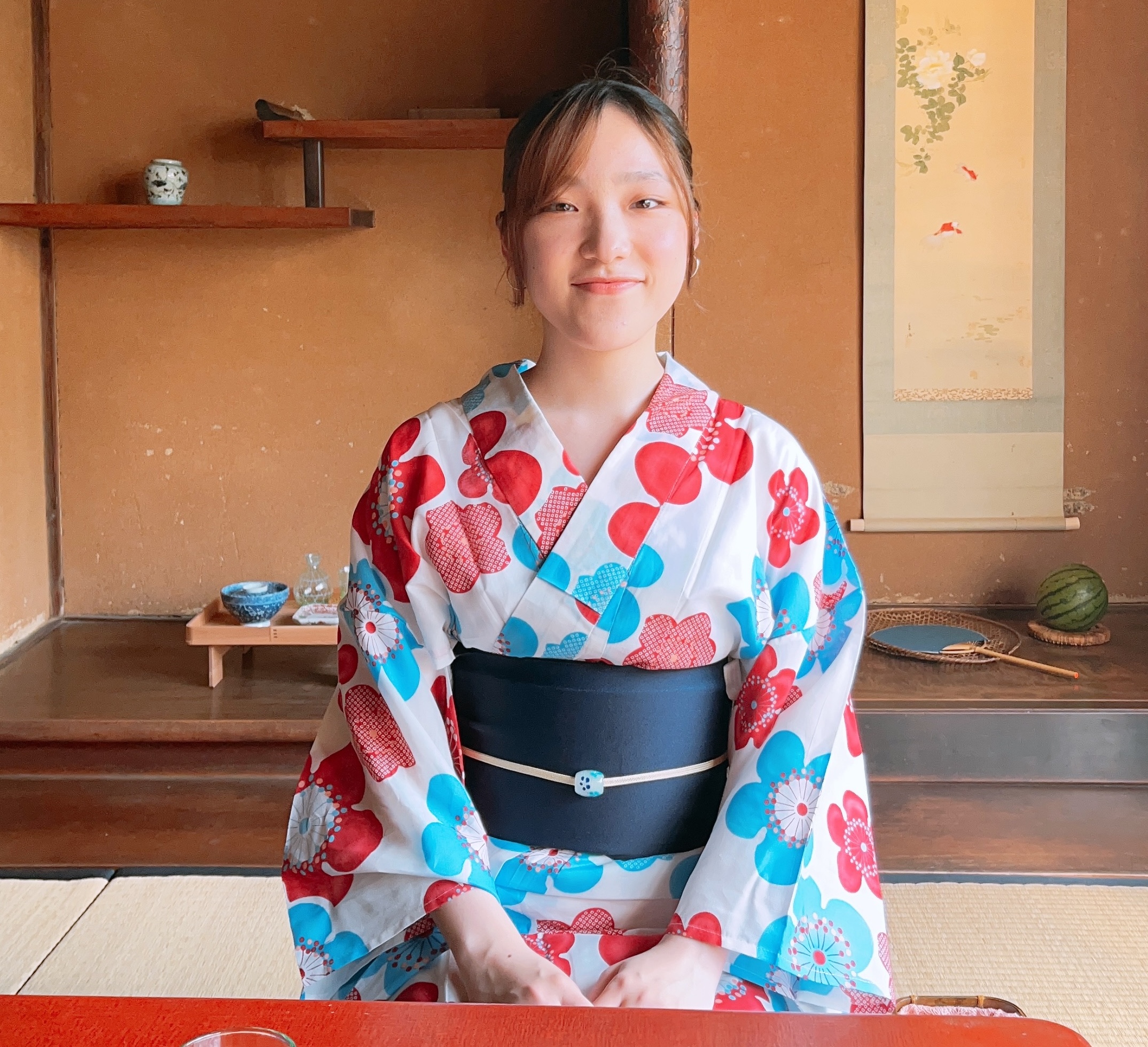 Yuzuki’s time at Nishijin House brought about a significant shift in her views on English and international interactions. She explained that her decision to move there stemmed from a desire to conquer her fear of English and engage with people from different countries.
Yuzuki’s time at Nishijin House brought about a significant shift in her views on English and international interactions. She explained that her decision to move there stemmed from a desire to conquer her fear of English and engage with people from different countries.
Although she initially enjoyed English, the stress of exam preparation diminished her passion, and she struggled to speak fluently. Yuzuki realized the limitations of speaking only Japanese and saw the potential of English to connect her with diverse cultures and ideas.
Driven by the need to immerse herself in an English-speaking environment, Yuzuki chose to live at Borderless House.
───Did you consider any other share houses before choosing Borderless House?
Yuzuki: Actually, I didn’t look anywhere else. I decided to move into Borderless House the same day I visited. The environment offered the perfect mix of English practice and social opportunities, all within my budget. Plus, I was planning to study abroad the next year, so the idea of practicing for that experience while still in Japan seemed perfect to me.
─── Could you tell us about your housemates at Nishijin House?
Yuzuki: On my first day, one of my housemates surprised me by inviting me to a party right away, which was unexpected (laughs)! Initially, I was nervous, but everyone was so welcoming that I quickly warmed up to them.
I formed a close bond with a foreign housemate, and we often went out together. I also shared unique insights with a working professional housemate. Whenever we faced challenges or disagreements in our shared living situation, we were able to discuss and resolve them during our regular house meetings at Nishijin House. It truly was a great community to be a part of.
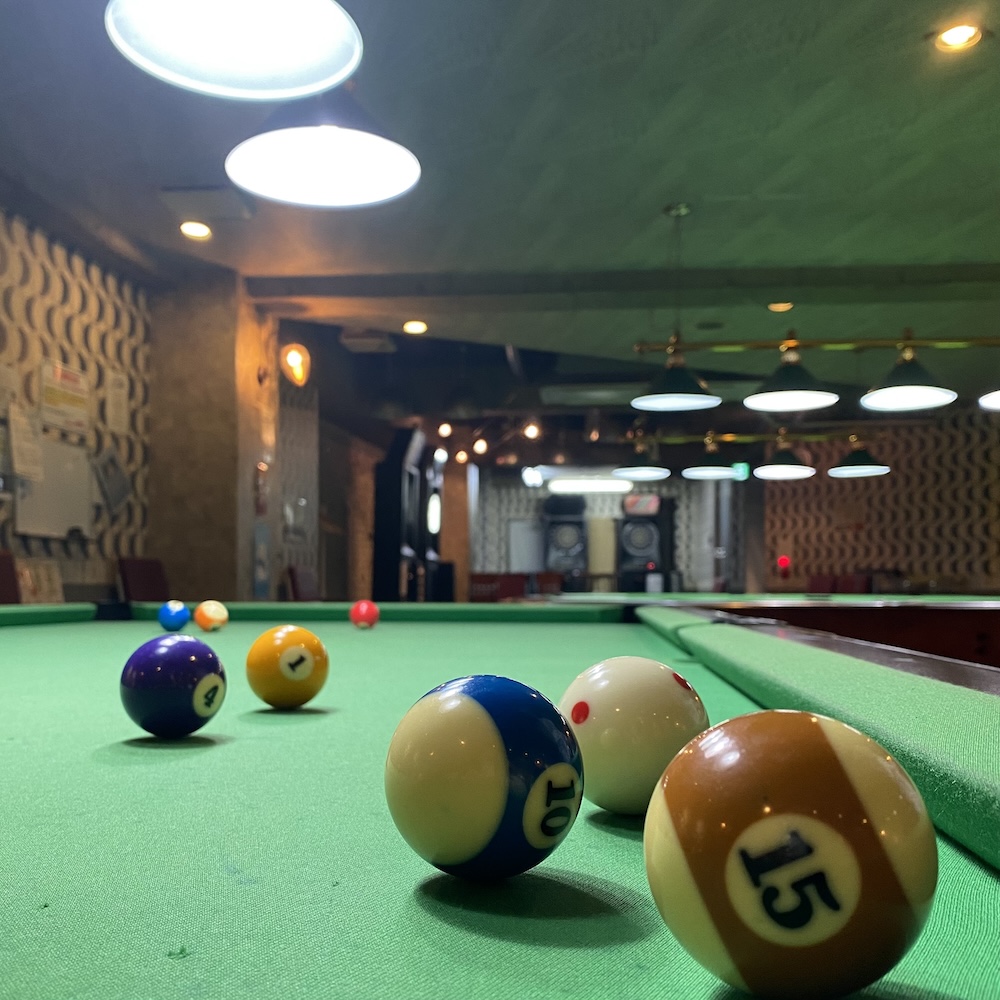
───Have you noticed any personal growth or changes during your time at Nishijin House?
Yuzuki: Absolutely! Initially, spending time with people from other countries was out of the ordinary for me, and it came with a bit of tension. But after living in Borderless House, I’ve become comfortable engaging freely in conversations without considering race or nationality.
It’s been incredibly enriching to learn from the diverse perspectives and strong convictions of my housemates.

Embarking on My First Solo International Journey with BORDERLESS TRAVEL!

───How did you become interested in BORDERLESS TRAVEL?
Yuzuki: I’ve known about the program since I moved in and always wanted to try it. I felt staying at a Borderless House abroad would be more enriching than solo hotel stays, allowing me to learn the language and engage with locals.
It seemed like a perfect way to prepare for my first solo international trip before studying in Canada this summer.
─── Your first experience living abroad was with BORDERLESS TRAVEL. Did you encounter any challenges during your travel?
Yuzuki: It was quite nerve-wracking, especially going through immigration for the first time and figuring out train transfers on my own. But luckily, everything went smoothly without any major problems!
 Yuzuki: When I got to Koryodaes House, I was greeted by Robin, the staff member I had been communicating with by email. Meeting him in person really helped me settle in. He showed me around and shared some local tips and places to visit.
Yuzuki: When I got to Koryodaes House, I was greeted by Robin, the staff member I had been communicating with by email. Meeting him in person really helped me settle in. He showed me around and shared some local tips and places to visit.
───Traveling abroad for the first time can be quite daunting. Did you notice any notable differences during your stay in the Borderless House in Korea compared to Japan?
Yuzuki: Definitely. For example, I had to separate organic waste from burnable trash, and in public restrooms, I couldn’t flush toilet paper but had to discard it in a bin.
Living in an environment close to the local lifestyle, unlike a hotel stay, made me more aware of these cultural differences. This is one of the unique advantages of BORDERLESS TRAVEL.
Language Learning, Cultural Exploration, and International Connections: Maximize the Benefits of Short-Term Stays!

───During your seven-day stay, did you make any specific efforts?
Yuzuki: I focused on being proactive in starting conversations with my housemates. It was my first time in a shared room overseas, and I quickly hit it off with my Italian roommate on the first day. She left for Tokyo the next day, so we couldn’t meet again, but we kept in touch through Instagram, sharing messages and updates about her trip.
Many of my housemates were interested in Japan, so we enjoyed mingling and conversing in Japanese, English, and Korean.
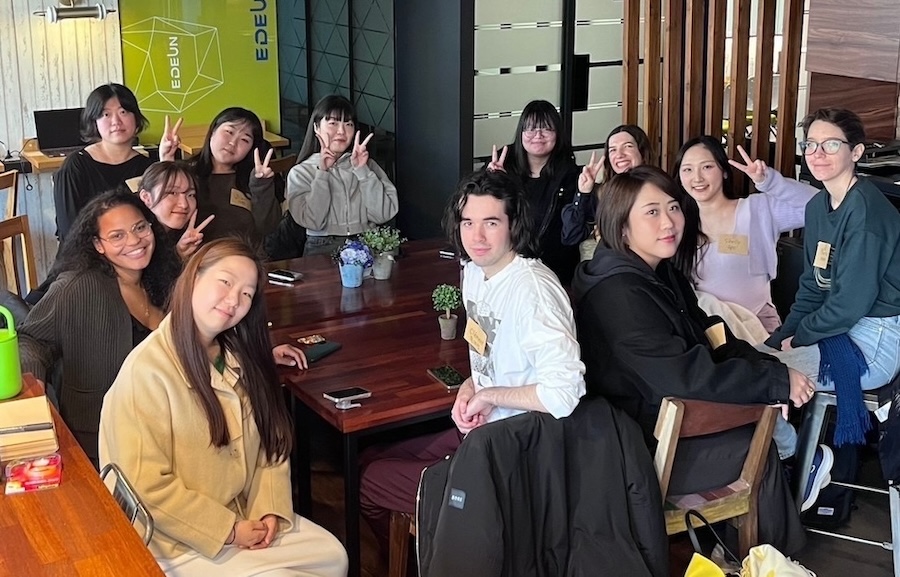
───Did you also converse in Korean during your stay?
Yuzuki: Yes, I’ve been a fan of Korean dramas, which helped me learn the language pretty naturally. I actually speak Korean better than English! While there, Robin invited me to a Language Exchange event, where I got to meet and chat with people outside the house, making my stay even more enjoyable.
───It sounds like you made the most of your 7-day stay! What other activities did you do?
Yuzuki: I visited historic sites and museums that caught my interest. I dressed in traditional Korean clothes and explored Gyeongbokgung Palace, and I also went to the DMZ near the North Korean border.

I participated in a tour aimed at Japanese visitors and connected well with other participants. We discussed how the conflict known in Japan as the “Korean War” is referred to in Korea. Learning about Korean perspectives on their history was incredibly insightful.
─── Reflecting on your 7-day stay, could you highlight what makes BORDERLESS TRAVEL so special?
Yuzuki: Definitely! The program offers deep cultural experiences and meaningful interactions with local housemates that you just can’t get from staying in a hotel. It allows you to live much closer to how the locals do, which is unique to BORDERLESS TRAVEL.
I think even short stays can provide significant learning and insights. I recommend starting with a stay in a domestic Borderless House to get a feel for international exchange before trying out the program.
A Message from Robin, Korean Operations Staff

BORDERLESS TRAVEL, with its strong emphasis on tourism and travel aspects, offers an exciting experience that’s a bit different from our usual resident support. It was Yuzuki’s first solo international trip, so we actively shared information about tourist spots and recommended gourmet spots to ensure she could fully enjoy her time in Korea.
With a recent expansion in our staff at Borderless House Korea, we’re now even better equipped to support our guests in a variety of ways.
I enjoy keeping up with the latest trends and sharing new information, so I encourage you to take advantage of BORDERLESS TRAVEL and come visit us in Korea.
I’m looking forward to meeting you!
ーーーーーーーーーーーー
BORDERLESS TRAVEL, part of the Borderless Mates program, is an exclusive initiative for residents that offers connections beyond the typical share house experience.
Please note that due to the availability of vacancies at the destination, we may not be able to accommodate your preferred timing or house. We recommend contacting us before booking your flight.






















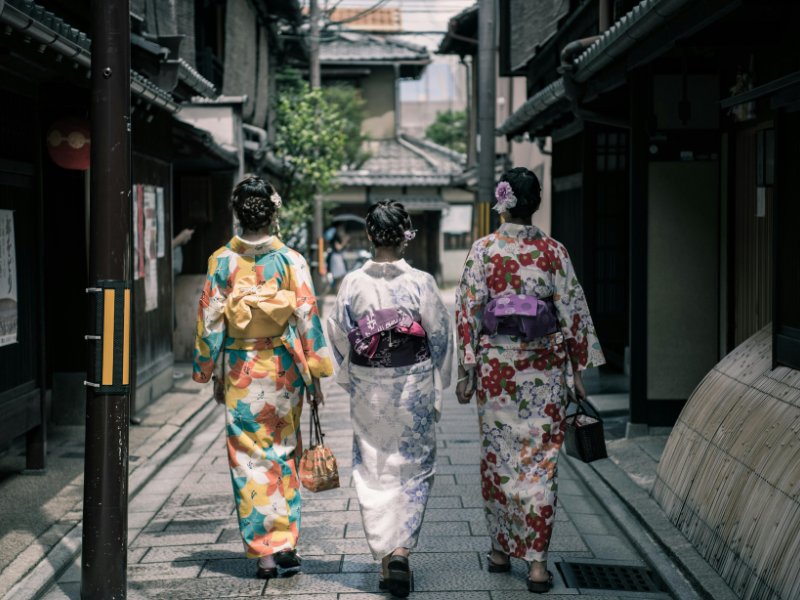







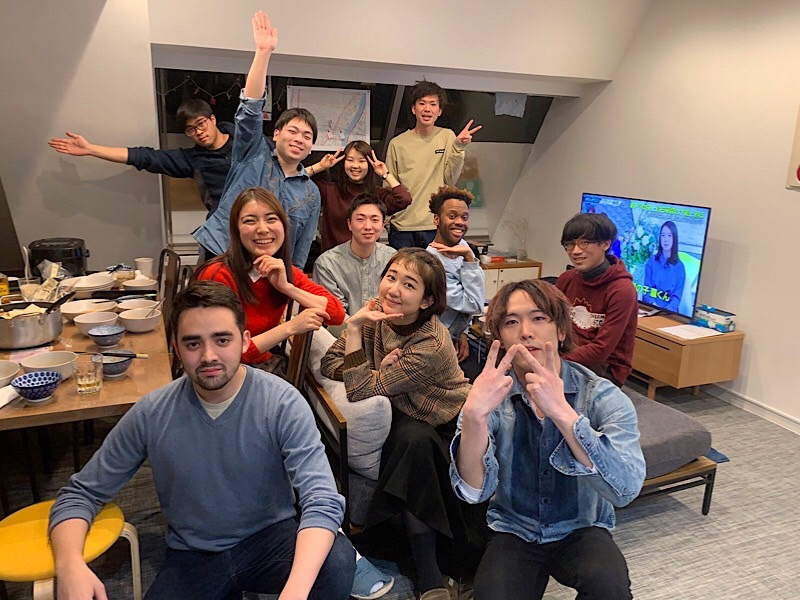
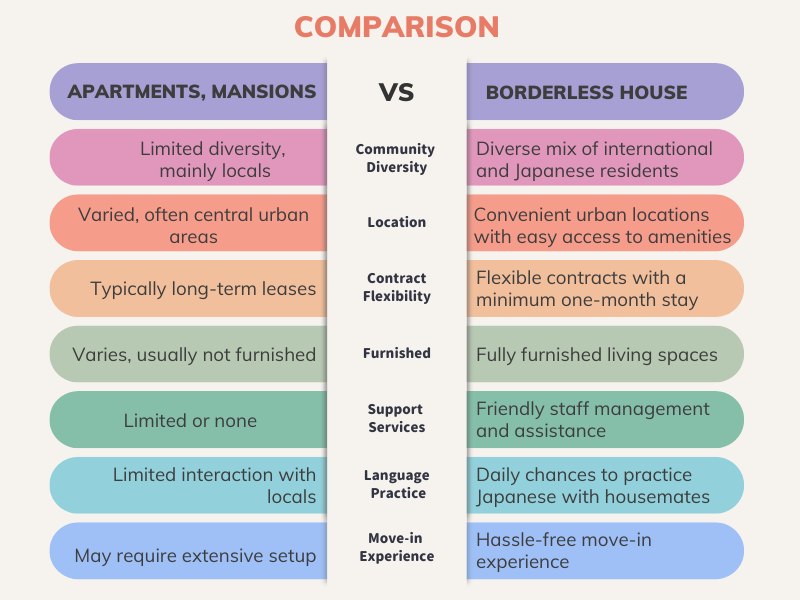
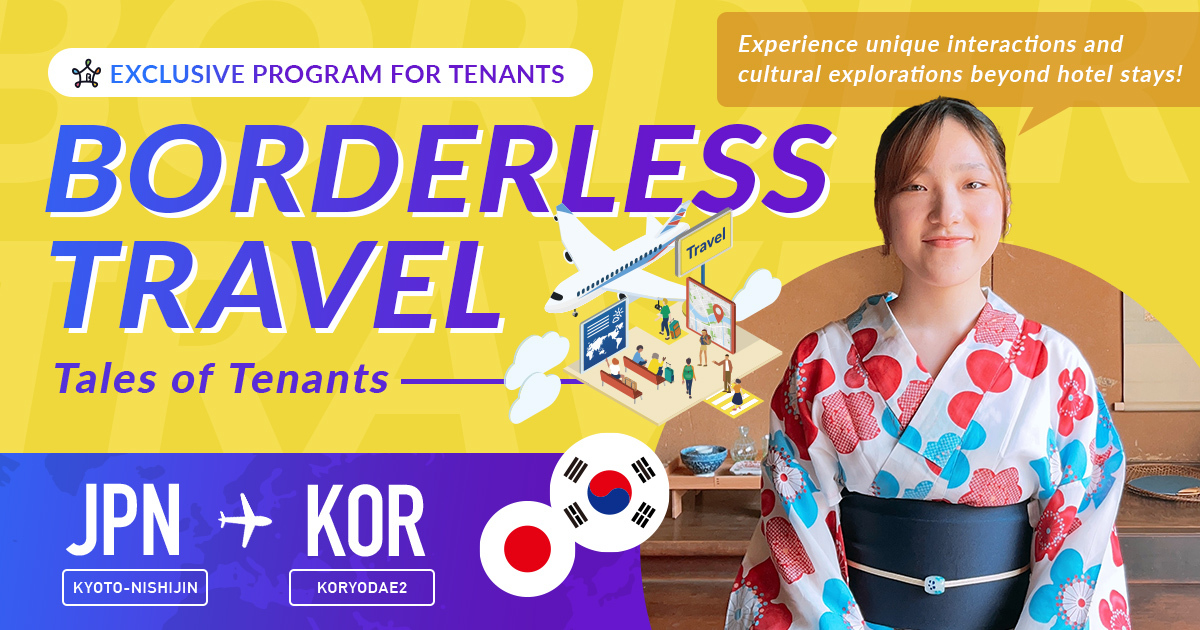
 Yuzuki’s time at Nishijin House brought about a significant shift in her views on English and international interactions. She explained that her decision to move there stemmed from a desire to conquer her fear of English and engage with people from different countries.
Yuzuki’s time at Nishijin House brought about a significant shift in her views on English and international interactions. She explained that her decision to move there stemmed from a desire to conquer her fear of English and engage with people from different countries.


 Yuzuki: When I got to Koryodaes House, I was greeted by Robin, the staff member I had been communicating with by email. Meeting him in person really helped me settle in. He showed me around and shared some local tips and places to visit.
Yuzuki: When I got to Koryodaes House, I was greeted by Robin, the staff member I had been communicating with by email. Meeting him in person really helped me settle in. He showed me around and shared some local tips and places to visit.



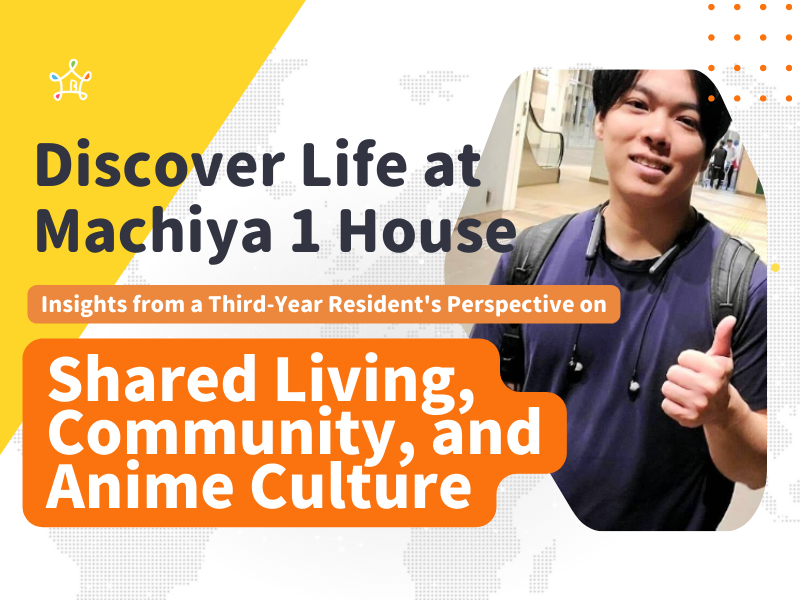
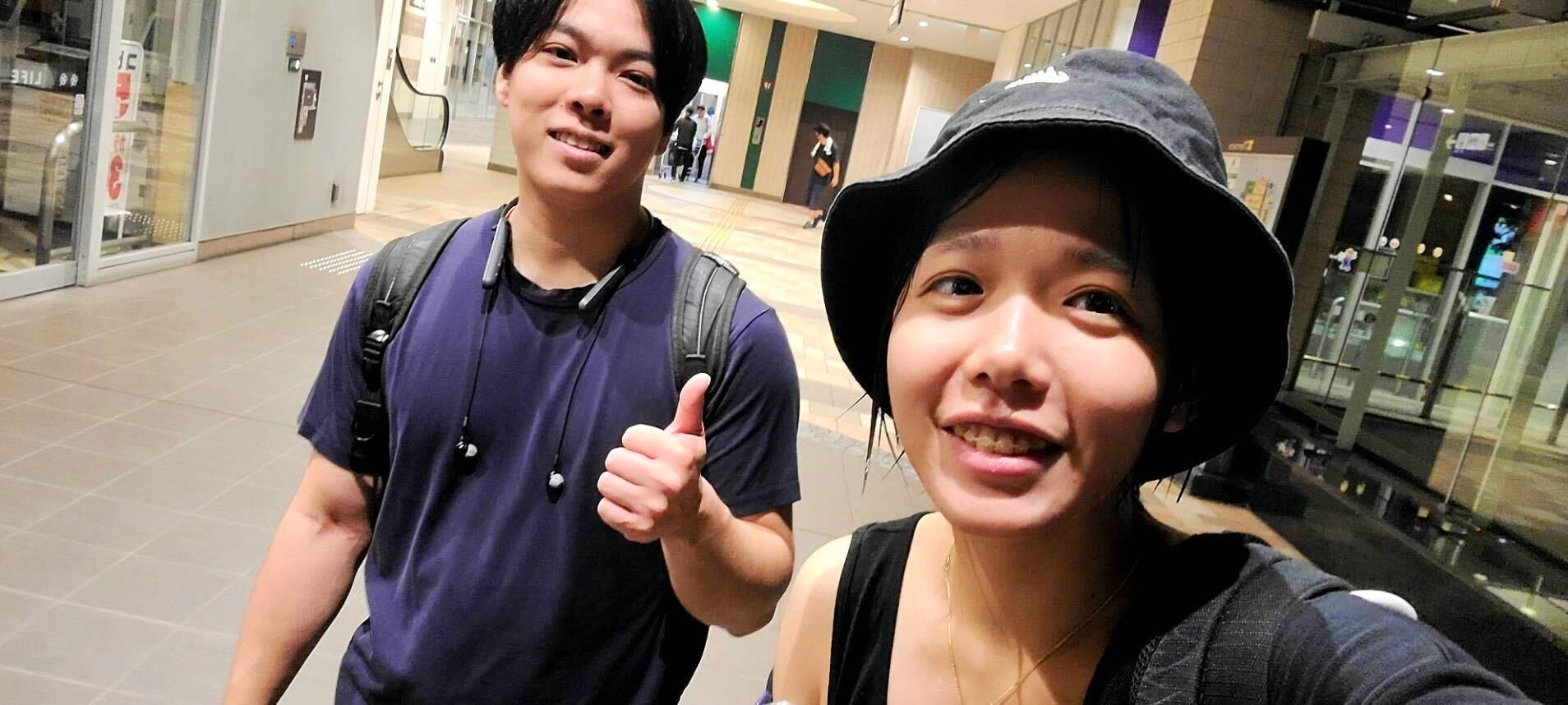
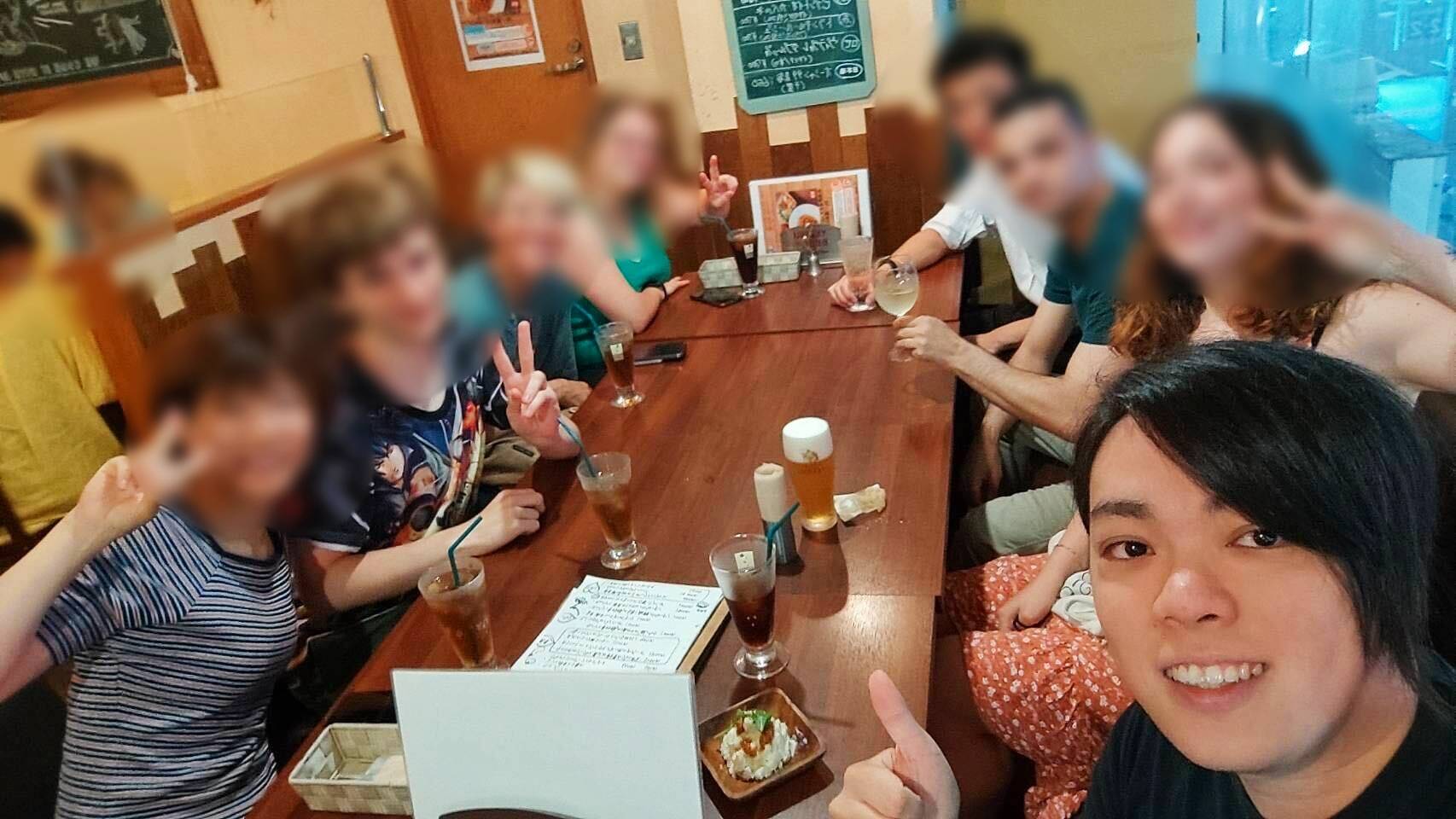 ───Who’s currently living in Machiya 1 House?
───Who’s currently living in Machiya 1 House?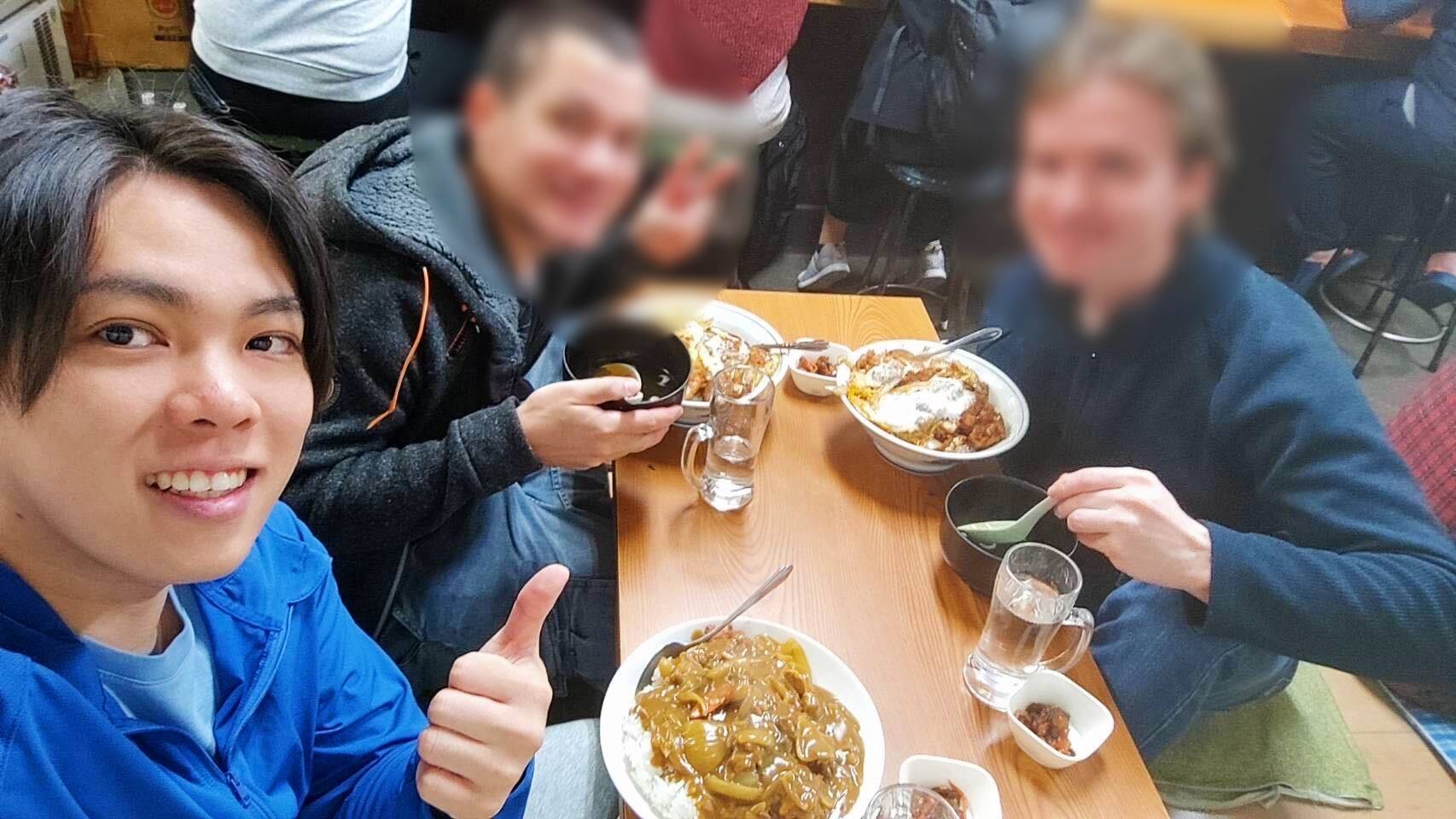
 ───What type of person would enjoy living in Machiya 1 House?
───What type of person would enjoy living in Machiya 1 House?

 Heart-Pounding Welcome Party” @ Borderless House Kobe-Motomachi 1
Heart-Pounding Welcome Party” @ Borderless House Kobe-Motomachi 1
 A joint bowling event was held by the Borderless Houses in Kyoto!
A joint bowling event was held by the Borderless Houses in Kyoto!

